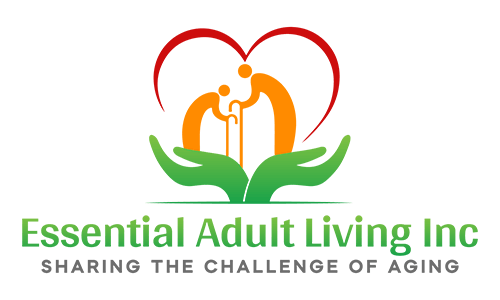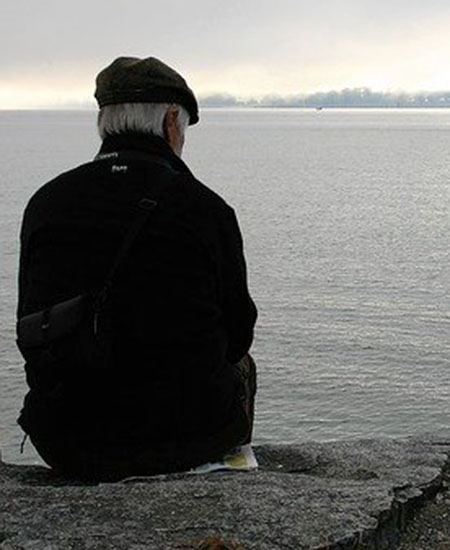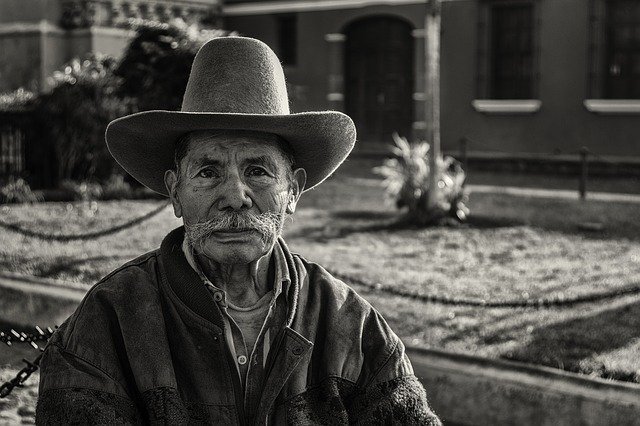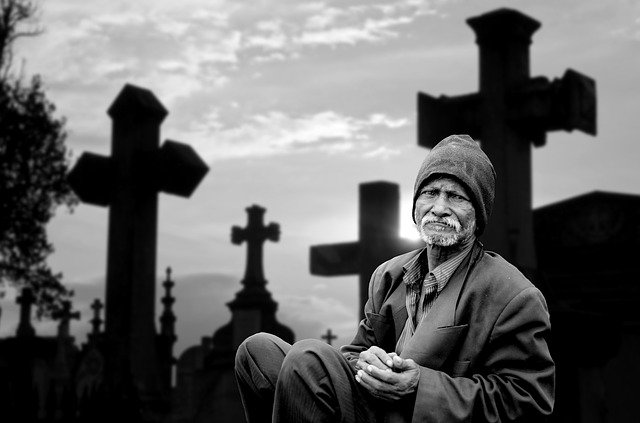One of the problems I discovered when I was in Accra for a first visit a few years ago is that there is no detailed, local level evidence from which health amenities and services for older people in Accra can be improved. The Ghana Health Service surely needs this evidence to plan and make the right decisions to meet older people’s health needs in the future.
I have been supported by HelpAge Ghana to contact a number of older people from different parts of Accra. My research assistant is interviewing and recording their family situation, household conditions, day-to-day activities, health and health needs.
Families changing in Ghana
There is an assumption in Ghana that families look after their older relatives. However, many of the older people I met recently suggested that this is not always the case. Ghana is modernising and families are changing; they are not all as close as they used to be.
These are some typical comments from the people I talked to:
“I get really stressed and worried when my family is not able to take care of me.”
“I feel bullied when I can’t do the things they expect, when I can’t see or hear properly, or I eat too slowly.”
“The NHIS (Ghana has a National Health Insurance Scheme) doesn’t provide the eye treatment or hearing aid that I need. Although the NHIS is free for people over 70 it still doesn’t include what I need.”
In fact there is much debate about the NHIS in Ghana at the moment because it’s election year, and funding the NHIS is a real political issue. The fees are rising to keep up with increased demand but, at the same time, many of the health needs of older people aren’t provided by the NHIS.
No understanding of dementia
I met Solomon Irabor, who is an activist for older people in Accra. He is very worried about people with dementia in Accra. He told me that families don’t understand it and that sufferers, especially women, are labelled as witches and treated very badly. He is really keen that this research raises the issue of older people’s health, both mental and physical.
We need to get people thinking about what can be done to help. I hope I can build up some evidence so people in government and in local communities, such as churches and religious groups, become more active in regularly supporting older people from all walks of life.




